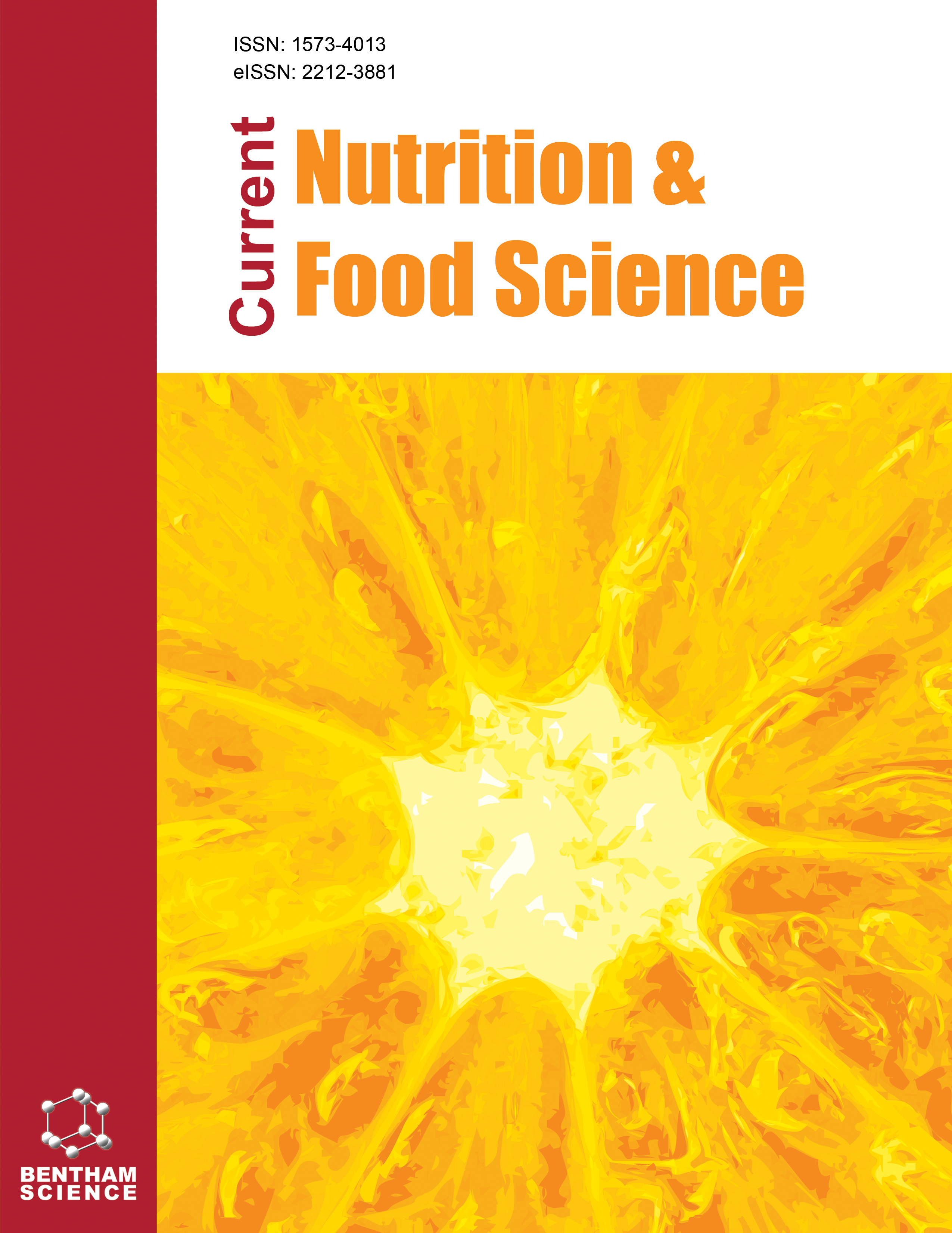
Full text loading...

The coronavirus disease 2019 (COVID-19) pandemic has left survivors with long-term health consequences, including malnutrition, sleep disorders, and reduced physical activity. This study aimed to investigate the effects of changes in malnutrition risk on sleep quality and physical activity in COVID-19 survivors after hospitalization.
This was a retrospective cohort study with prospective follow-up. Comprehensive screening of 2700 electronic medical records identified eligible participants who were hospitalized with COVID-19 at King Salman Specialist Hospital in Ha’il, Saudi Arabia, between 2021 and 2023. The impact of malnutrition risk on sleep quality and physical activity was evaluated in 103 patients with COVID-19 after hospitalization. Nutritional status was assessed using the malnutrition screening tool, while sleep quality and physical activity were self-reported.
Malnutrition risk increased from 32% at admission to 42.7% at follow-up. Sleep quality was significantly worse among malnourished patients, especially those with comorbidities (P = 0.048), and only 16.9% reported uninterrupted sleep. Physical activity remained low overall, with 46.5% of non-malnourished patients with comorbidities reporting reduced activity. Obesity rates decreased slightly (from 59.2% to 54.4%); however, patients with obesity maintained unhealthy sleep and lifestyle habits. Reduced screen time (0–3 hours/day) correlated with better dietary habits and weight management (P = 0.040).
The findings have emphasized the interrelation of malnutrition risk, sleep disorders, and physical inactivity in COVID-19 recovery. Multidisciplinary rehabilitation programs should integrate nutritional support, sleep hygiene, and personalized exercise plans, especially for high-risk groups, such as older adults and patients with comorbidities. Combating physical inactivity and promoting a healthier lifestyle can improve long-term recovery prospects. Multidisciplinary care and continuous monitoring are crucial for mitigating the lasting effects of COVID-19.